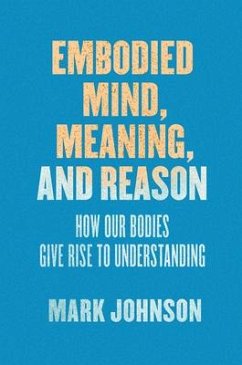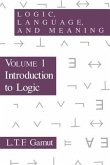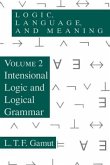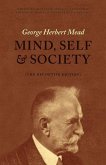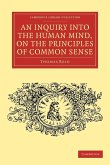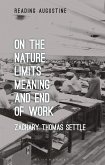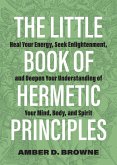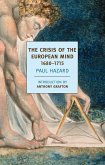In Embodied Mind, Meaning, and Reason, renowned philosopher Mark Johnson presents a selection of his best essays on the bodily basis of meaning, understanding, and reasoning that represents the culmination of decades of work. He argues that any viable view of the mind must ultimately rest on the ways in which human cognition, language, action, and values are grounded in and shaped by our embodiment. Johnson calls this view "embodied cognitive theory," which combines cognitive science, pragmatism, and philosophy of mind. He shows how meaning emerges from our embodied engagement with our environments and how both what we are able to think and reason about, as well as the very character and structure of our thought and reason, depends on the nature of our bodies and brains. Johnson also provides "embodied" analyses of the key role of action in our capacity to conceptualize and shows how our reasoning recruits sensory-motor processes to achieve our most impressive accomplishments of creative thought. Ultimately, he argues that taking embodiment seriously launches us on a path of discovery that leads us to a rethinking of the fundamental nature of mind, meaning, thought, and language.
Hinweis: Dieser Artikel kann nur an eine deutsche Lieferadresse ausgeliefert werden.
Hinweis: Dieser Artikel kann nur an eine deutsche Lieferadresse ausgeliefert werden.

